Children encounter lots of germs every day, everywhere they go. The first step to your child’s wellness routine should be teaching them how and when to wash their hands.
Keep Your Kids Healthy — Teach Them How to Wash Their Hands
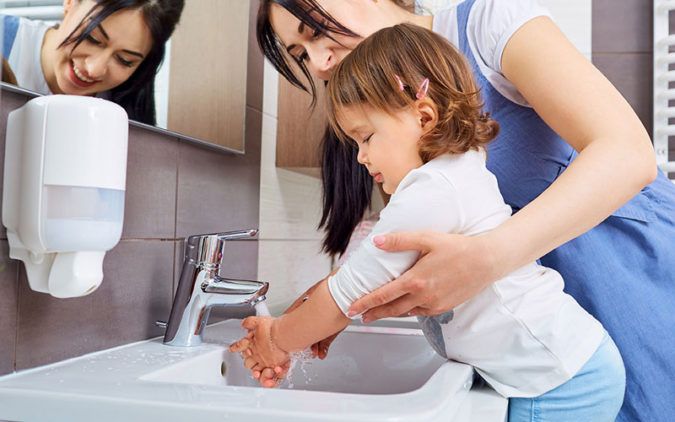

Children encounter lots of germs every day, everywhere they go. The first step to your child’s wellness routine should be teaching them how and when to wash their hands.
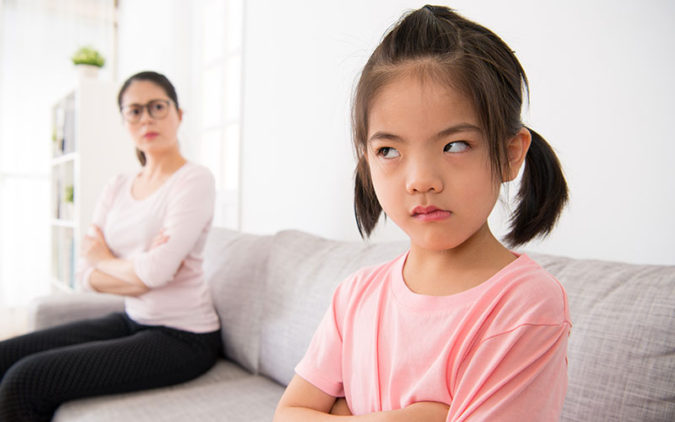
When a child exhibits challenging behaviors, it can be difficult to respond appropriately. Staying calm when your child’s behavior is out of control is essential for setting expectations; responding with frustration only adds fuel to the fire.
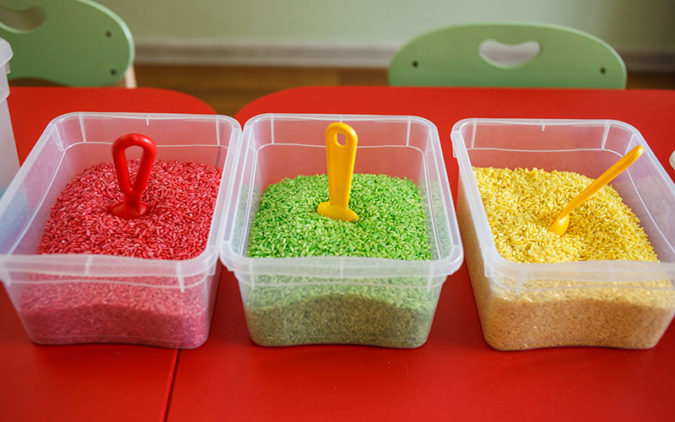
Looking for a fun activity for children to explore and make discoveries? Sensory bins foster creative and critical thinking, train sensual observation, strengthen vocabulary, and encourage the development of fine motor skills in young children. The best part of sensory bins is that you can make a variety of them to enhance your children’s active play at home, using materials you may already have on hand.
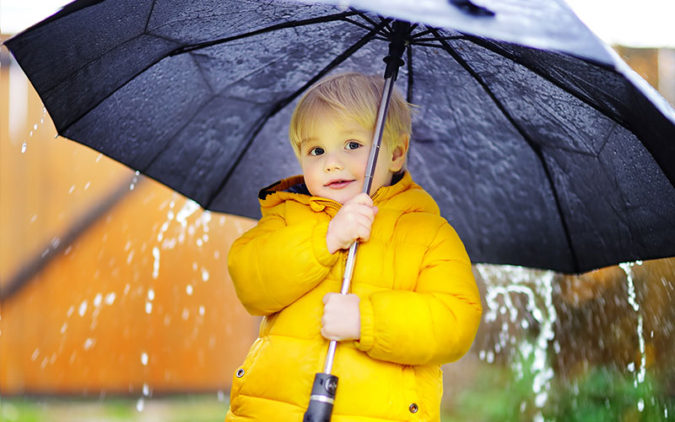
The power of nature can strike both awe and fear. Although some children get excited during storms, others find thunderstorms quite frightening. Although it’s important to educate children about the potential dangers of storms and how to practice storm safety, we also want them to feel safe and secure. All storms, mild or severe, seem to pass more quickly with happy children. The next time a storm is brewing, use the following tips to calm your child.
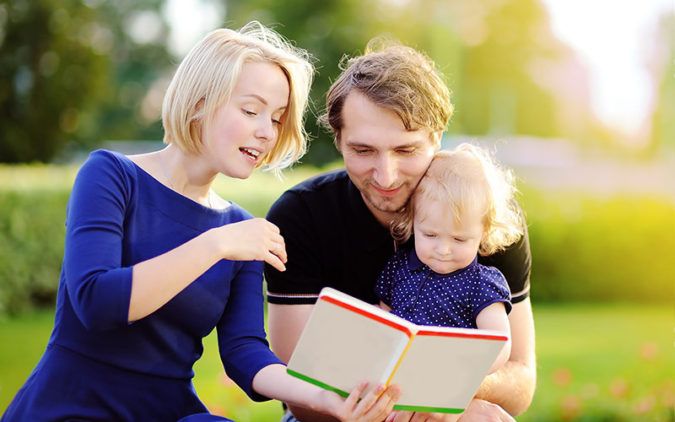
Early childhood is arguably the most important time during any child’s education. During the toddler and preschool years, children learn the basic skills that create the foundation which will support their future education and development. Positive experiences in school and child care during this time in your child’s life establish a springboard which will launch them into grade school with a good attitude, excitement for learning, and the social skills to make friends and confidently join groups.
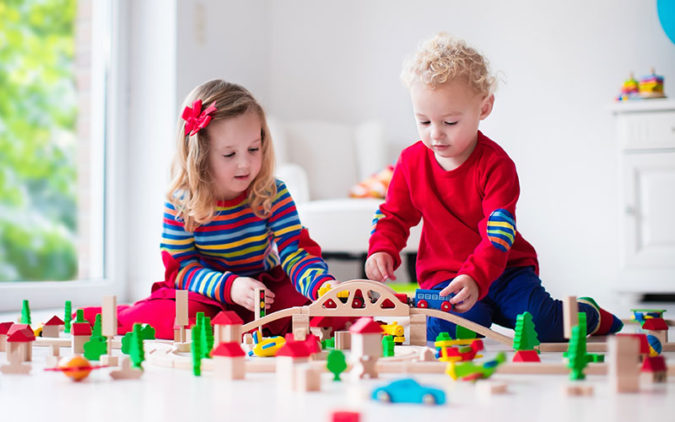
As adults, and probably even as eight-year-olds, we easily understand the concept and benefits of sharing. Toddlers and preschoolers, however, are still getting the hang of it. From a toddler’s perspective, sharing can mean getting to take toys from others or having toys taken away. While preschoolers are still learning the concept, they begin to understand sharing more completely.
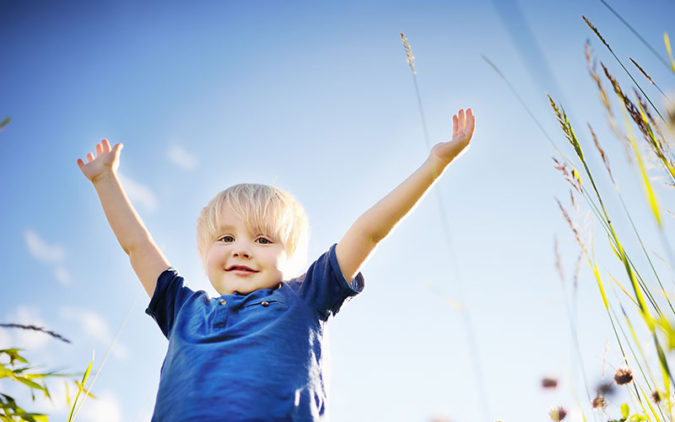
Children seem to love nothing more than running around outside — enjoying the fresh air and perhaps jumping in a water puddle or two. Why does this seem to fulfill something that is missing for them?
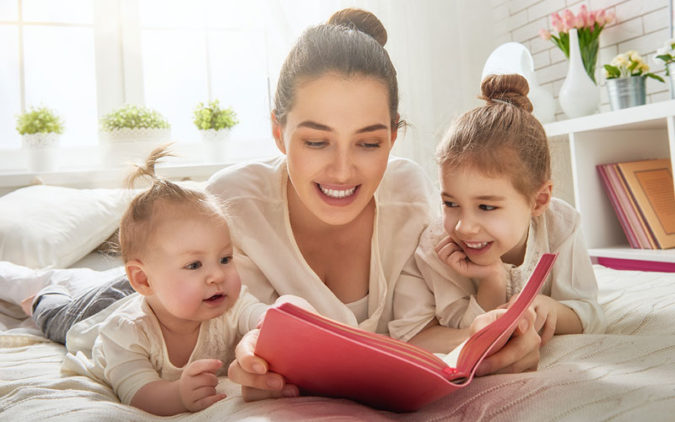
Spending time cuddling with your child can be one of the most beautiful and impactful parts of your day. What better way to have a snuggle than when you’re reading to your child? There are many known benefits of reading to young children, such as helping increase their concentration and boost early reading abilities. Plus, you and your little ones will both appreciate the closeness and time together as you experience new ideas through their eyes for the very first time. Here are some of the key benefits of reading to even the youngest of children.
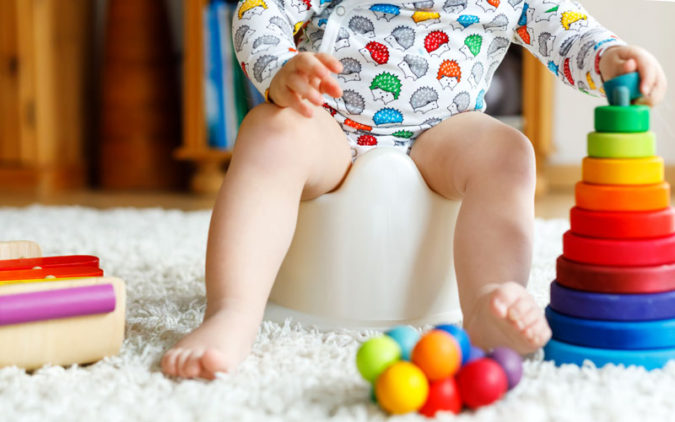
Are you struggling with helping your little one make it through one of life’s earliest hurdles? Potty training can be a time of wild excitement (Yay! No more diapers!) and it can also be inconvenient (Boo — I can’t believe the yucky accident on the floor!). What is most important is staying consistent throughout the day at home and preschool. Here are tips that will help you both get through potty training successfully.
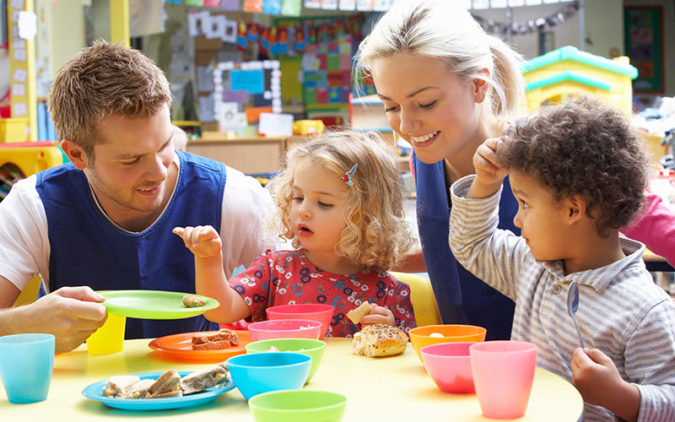
Getting your little one started on the right foot each day begins with a good breakfast but continues throughout the day with a nutritious lunch. While we all squeak by sometimes with a less-than-stellar meal, providing your child with a balanced and healthy lunch will give them the energy that they need to stay positive -powering their brain and their muscles throughout the rest of the day. Here are some tips on packing a healthy lunch for your child.